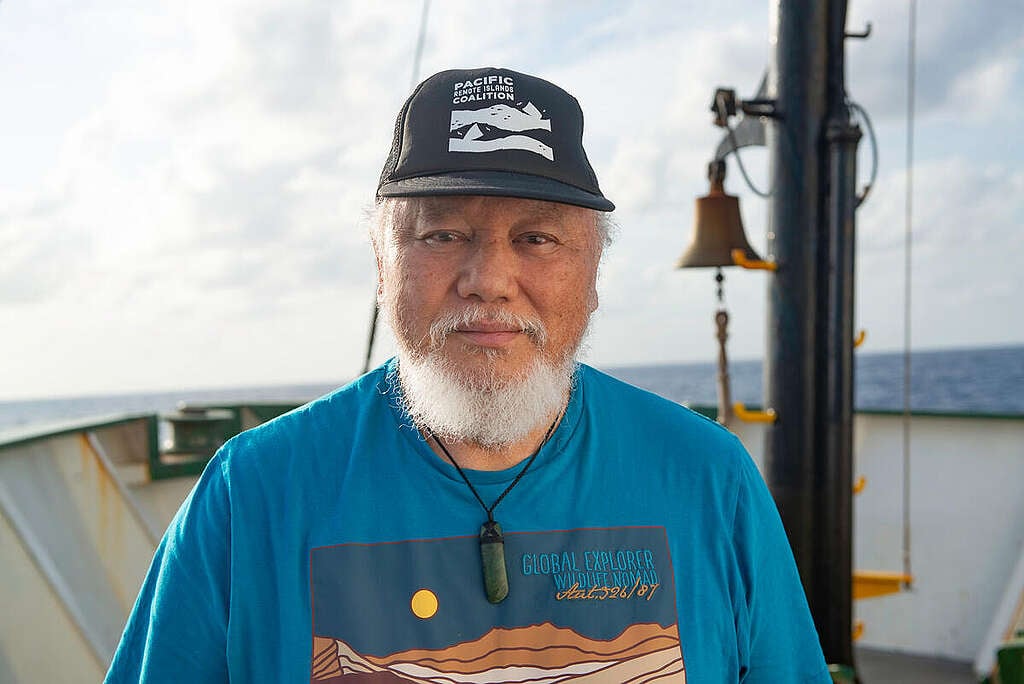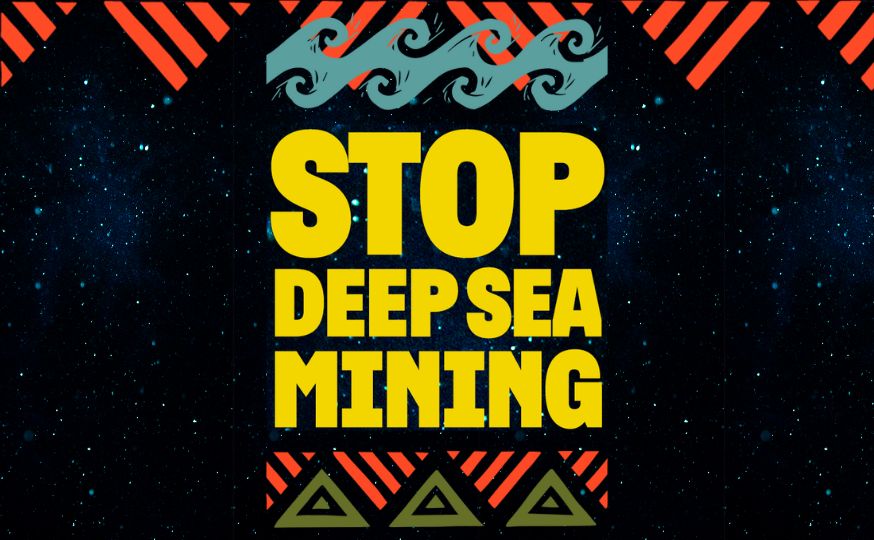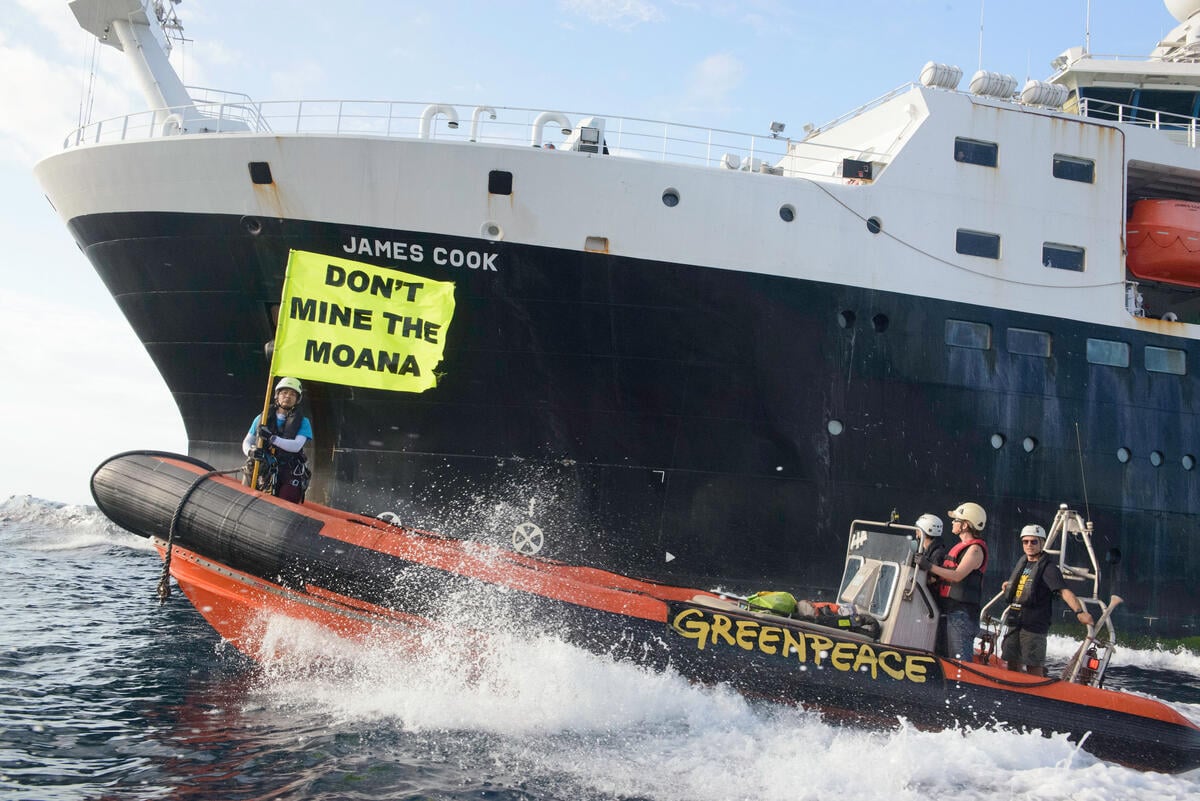Everyone knows the saying ‘life imitates art’, but we’d argue that art imitates life when it comes to Disney’s Moana film franchise. Moana 2 premiered in theatres in late November following the title character’s quest to protect her community’s ancestral way of life. Starring Dwayne ‘The Rock’ Johnson, Auliʻi Cravalho, Temuera Morrison, Hualalai Chung, Nicole Scherzinger and Jemaine Clement, both Moana 2 and its predecessor reflect the very real stories of some Indigenous Pacific communities, who are currently battling the deep sea mining industry to protect the Moana (the Māori word for ‘ocean’) and their cultural heritage.
The Metals Company, the frontrunner in starting deep sea mining in the Pacific Ocean, wants to churn up the seabed to extract potato-sized polymetallic nodules, for profit. This process will devastate the ocean that Pasifika people have cherished and safeguarded for centuries.
The Indigenous Peoples of the Pacific Ocean have a deep connection with and respect for this vast expanse of water, which is part of their cultural heritage and reason for survival. It is not just their home but the source of creation. In a blog, Solomon Pili Kaho’ohalahala, known as Uncle Sol, a native Hawaiian Elder who was part of the Greenpeace International delegation at the International Seabed Authority (ISA) meeting in Jamaica speaks to this connection:
“In our culture, there is no separation between us and nature – it is who we are. No matter where we are in the deepest part of the ocean, the surface of the waters, to the land and the mountains and the sky; we are part of all of it. So when industries are plotting to destroy the area of creation and have no regard for that part of our identity, it hurts.”

But the Pasifika people won’t let the deep sea mining industry’s greed destroy the ocean, their heritage and livelihoods. In a letter to Gerard Barron, the CEO of The Metals Company, Pelenatita Kara, the Deep Sea Mining Coordinator for the Civil Society Forum Tonga writes:
“You have claimed that the deep ocean is a place ‘where no one lives’, which shows a total lack of humanity and regard for the Indigenous Peoples of the Pacific Ocean. We have called it home for centuries, revere the deep ocean in our cultural heritage, and rely on the whole ocean to survive.”
The Pasifika people’s lives and identities are intrinsically linked to the ocean and the life it supports. As they stand together against this sinister industry that values money more than people’s lives, we’ll stand with them. We have the opportunity to help stop the deep sea mining industry, which will destroy the ocean and the tens of thousands of years of history and cultural heritage of First Nations and Pasifika people.
If we raise our voices alongside theirs, we will become a choir so loud that governments can’t ignore it. No matter how long it takes, we can and will stop deep sea mining before it starts and reach our happy ending, just like Moana. Sign our petition.

Stop Deep Sea Mining
We need a global moratorium to stop the launch of this destructive new extractive industry. Join the Campaign.
Jeanette Meyer is a Digital Campaigner for the global oceans campaign and Juressa Lee is a Stop Deep Sea Mining campaigner at Greenpeace Aotearoa.
Source link
Jeanette Meyer and Juressa Lee www.greenpeace.org

